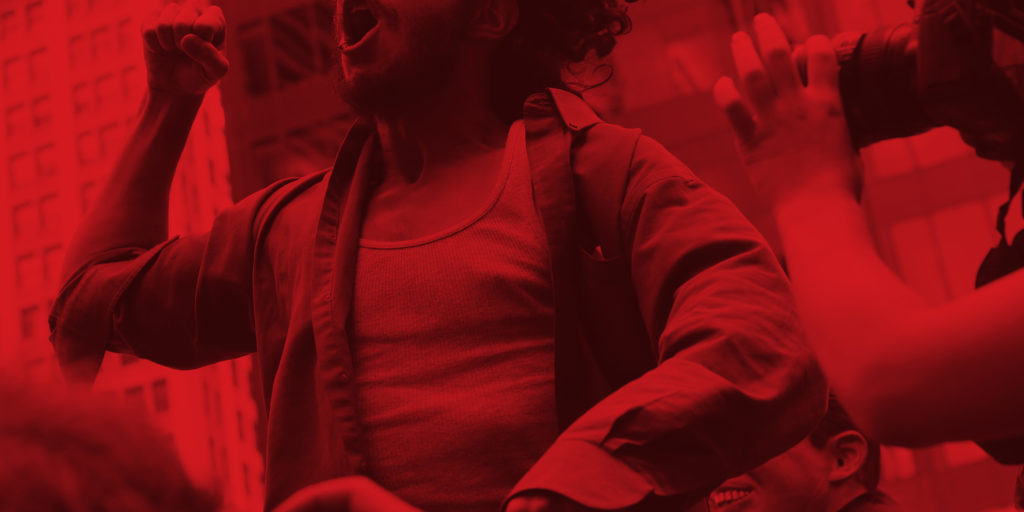Tensions in Nicaragua have continued to rise in recent weeks, with a new wave of arrests, violence, and increasingly sophisticated online attacks.
Access Now’s Digital Security Helpline has observed an increase in threats to Nicaraguan activists’ social media accounts, including phishing attacks aimed at obtaining the password or two-factor authentication code to accounts belonging to activists, organizers, journalists, and other community voices.
These security compromises have become even more complicated in cases where malicious actors have infiltrated civil society organizations, news publications, and other at-risk community members. Pro-government paramilitary groups responsible for fostering violence in the streets are now also working to undermine opposition voices from the inside, accessing contact lists and organizing plans, as well as gaining admin control of social media accounts and other means of sharing information.
Being a voice of dissent in Nicaragua has become matter of life and death. Owners of Facebook pages and other social media accounts have been targeted for doxxing — maliciously publishing someone’s personal information, like their address or phone numbers — leading to cases of online harassment, intimidation, and physical acts of violence. In extreme cases, Facebook pages designed to appear like official government accounts have reportedly posted the personal information of activists or journalists calling for their assassination in exchange for a reward.
The Nicaraguan government has also started to arrest individuals who administer opposition Facebook pages — in addition to journalists, community organizers, and even police officers who criticize the use of violence against protesters — on charges of terrorism and threatening national security.
This escalating crackdown from the Nicaraguan government comes alongside its decision to eject U.N. human rights observers from the country, following a report detailing the “systematic repression and persecution of individuals and groups perceived as supportive of the protests or as opposed to the Government.” The U.N. Security Council held its first debate on the Nicaraguan situation on Wednesday last week, the Permanent Council of the Organization of American States (OAS) will hold a special meeting on September 12, and the country is expected to appear in front of the U.N. Human Rights Council for its Universal Periodic Review of its human rights record in October.
Since the protests began in April, local human rights groups estimate as many as 450 people have been killed, 600 have been disappeared and tortured, and 2,800 have been injured due to police violence and attacks by paramilitary groups. Thousands more are fleeing for their safety each month to Costa Rica and other countries throughout Central America.
For those in Nicaragua, Access Now’s Digital Security Helpline has compiled this list of resources (in Spanish) to help strengthen the safety of your communications online. Civil society activists, human rights defenders, and journalists can reach out to us directly for assistance at [email protected].
